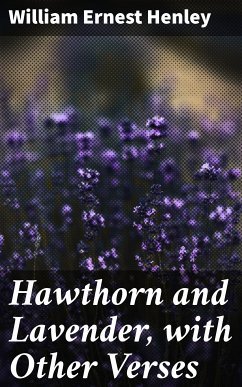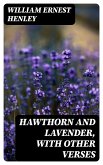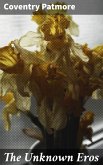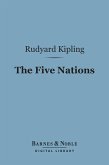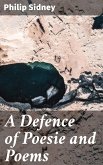In "Hawthorn and Lavender, with Other Verses," William Ernest Henley presents a rich tapestry of poetic expression that explores themes of resilience, nature, and personal introspection. The collection features a blend of lyrical elegance and robust imagery, characteristic of Henley'Äôs bold literary style, set against the backdrop of the late Victorian period. This era, marked by its fascination with individualism and the human condition, profoundly influences Henley'Äôs work, as he intertwines natural motifs with poignant reflections on life's struggles and triumphs. William Ernest Henley, an influential figure in the literary scene of his time, faced considerable physical challenges due to his battle with tuberculosis, which ultimately led to the amputation of his leg. This personal strife imbued his poetry with a remarkable sense of fortitude and an appreciation for life'Äôs fleeting beauty. Henley'Äôs experience as an editor and a contemporary of literary giants such as Robert Louis Stevenson further enriched his artistic vision, informing the emotional resonance of his verses. Readers seeking an insightful exploration of human resilience and the beauty of nature will find "Hawthorn and Lavender, with Other Verses" to be a compelling choice. Henley'Äôs masterful command of language and evocative imagery not only captivates the reader but also invites deeper contemplation of the enduring spirit of humanity.
Dieser Download kann aus rechtlichen Gründen nur mit Rechnungsadresse in A, B, BG, CY, CZ, D, DK, EW, E, FIN, F, GR, H, IRL, I, LT, L, LR, M, NL, PL, P, R, S, SLO, SK ausgeliefert werden.

